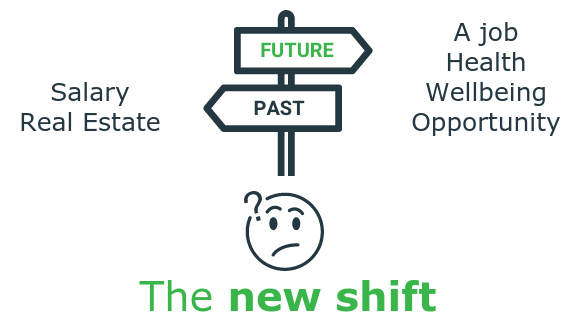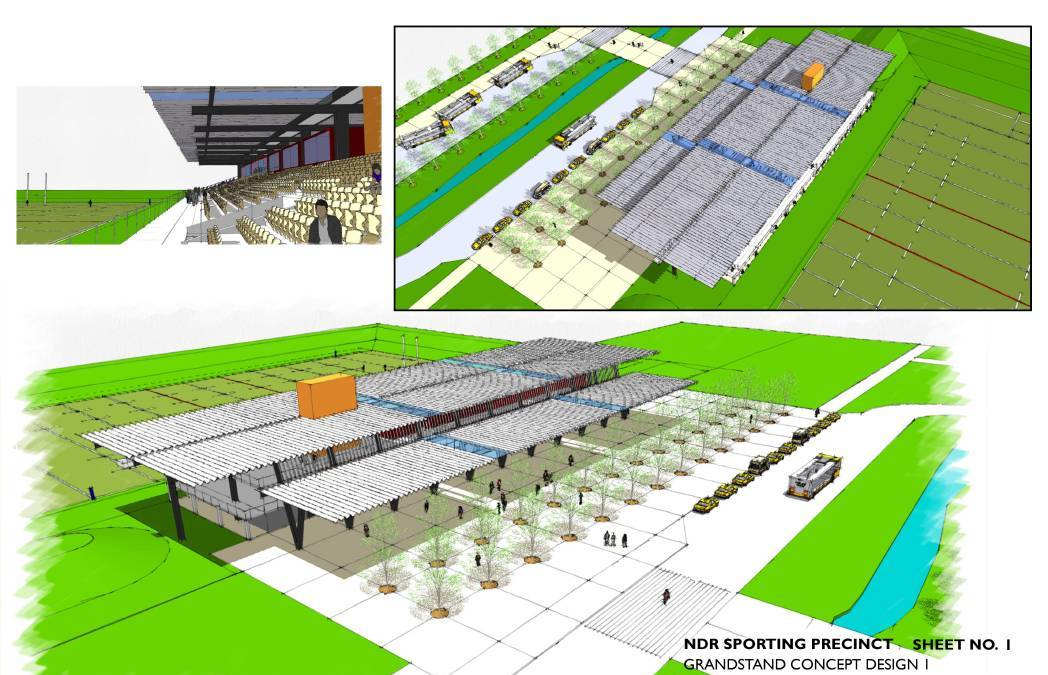17 – The new shift from city to country and coast
The new shift from city to country and coast and other useful things to know and do for all the employers, contractors and job seekers in the Spinifex community

This week we take a look at a new mindset driving people to think differently about working and living in regional, rural and remote communities.
But first, let’s see what jobs are out there
Over the past week, we’ve listed a number of opportunities in the following categories and locations NSW. Around 29% are Government & Administration roles.
| Ballina | Lismore |
| Bathurst | Liverpool |
| Bega | Manildra |
| Byron Bay | Orange |
| Canowindra | Parkes |
| Dubbo | Parramatta |
| Forbes | Sydney |
| Gunnedah | Tweed Heads |
For more information, take a look at our current job opportunities
Also check out the Australian Government Jobs Hub
The migration from metro to regional areas is undergoing another shift
Damien O’Donnell, our Regional and Executive Group Manager, shares insights into the new mindset about jobs in regional, rural and remote communities.
The $25 million sporting precinct planned for Orange – one of many special activation zones being developed in regional areas across NSW.
We’re movers and shakers in Australia. We move more often than people in 80% of other OECD countries – a whopping 39% of us change our address every five years.
There is a common belief that most of this movement is from regional areas to capital cities. But that’s a myth.
The Regional Australia Institute (RAI) reports that, between 2011 and 2016, Australia’s regional areas attracted 65,000 more people than they lost to cities. And it’s not all baby boomers seeking a place to retire. Take a look for yourself at the fascinating statistics in RAI’s Big Movers Report.
“I’ve always fielded questions from people looking to relocate to regional areas,” says Damien. “But they used to be about salary changes. real estate prices and idyllic, sometimes misguided, visions of country life.
“Now I’m seeing more ambitious thinking with questions about the variety of jobs in regional areas, how they can strike out in new career directions and opportunities for a healthier lifestyle.
“It’s this shift in thinking that makes me believe regional areas have the opportunity to lead us on the road to recovery.
“Understanding what’s driving this change in mindset will help employers know how to attract talent and help job seekers know where to look for work.”
So, what’s driving this shift?
- There’s no doubt that COVID has brought priorities into sharp focus. Where once we might have worried about a salary change, now we want a job and both physical and mental health and wellbeing.
- The last six months have also shown us that, for some workers and many businesses, geography is no longer a barrier to where we work and trade.
- There’s a growing recognition that regional areas are hotbeds of innovation and creativity, with constant uptake of new technology, such as, most recently, drones, satellite data, virtual fencing, robotics and app development.
- People are more aware that funding from federal and state governments is generating big bold projects in regional areas, such as clean energy initiatives, special activation precincts, new infrastructure and developments in data security, mining, manufacturing, agribusiness and waste management.
- Business owners and operators are doing more research and finding out that, for some, moving out to the country not only provides the space needed for a COVID-safe workplace but is also good for business.
- More people have stopped seeing everywhere outside of the big eight capital cities as a homogenous ‘Regional Australia. They’re now better understanding the many differences between regional, rural and remote areas and less liable to make gross sweeping generalisations about places and people. Take NSW for example. We actually have around 45 city areas across the state, including: Albury, Armidale, Bathurst, Broken Hill, Dubbo, Goulburn, Griffith, Lithgow, Orange, Tamworth, Wollongong and Wagga Wagga. Each offers a blend of city and rural lifestyles, unique to their region.
“I’ve helped many people migrate from city to country and coast, says Damien. “The ones who have been most successful are the ones that thought creatively and did their homework to find the opportunities.
“For them, the goal was not to move to the country but rather to find where, in regional and rural Australia, they could pursue their hopes and dreams.”
Until next week, stay safe.
| Scott C Small | Victoria Bila |
| Managing Director | Group Manager – Operations |
| Andrew Egan | Damien O’Donnell |
| Group Manager – Regional Operations | Group Manager – Regional & Executive |
Download PDF version of this update


